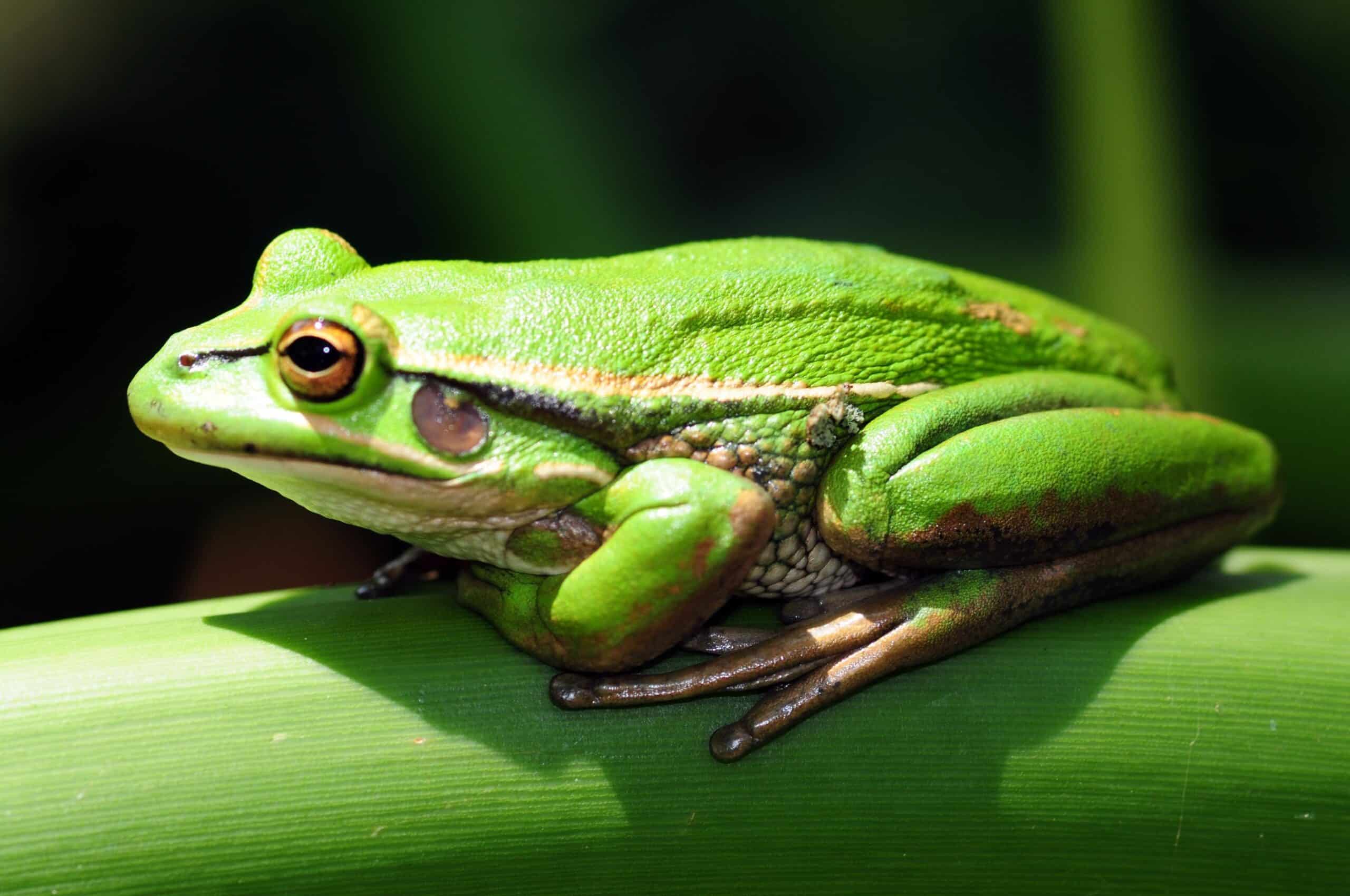Australia’s native animals are protected by law — but that protection comes with caveats. Across every state and territory, permits are routinely issued that allow property owners to kill native wildlife. Known in many jurisdictions as “damage mitigation permits,” these licences have quietly sanctioned the deaths of millions of animals...
By Mark Simmonds OBE and Nicola Beynon
Humpback whale populations that migrate between Antarctica and Australia have been staging a recovery since commercial whaling of them ended in the mid-1960s. HSI pays great credit to the Government of Australia for its role in keeping this key threat at bay at the International Whaling Commission, which maintains its global moratorium on commercial whaling, and we celebrate this conservation success story.
However, with climate change and other human induced threats intensifying, we are worried our celebrations may not be long lived and we caution against complacency. Which is why we have met a proposal from the federal environment department to de-list humpback whales as a threatened species with some concern.
HSI has sent in a submission in which we note our understanding of the department’s wish to celebrate the whale’s recovery, but which also strongly cautions against this move to de-list. We have stressed the need to act in a highly precautionary manner in matters related to whales feeding in the Southern Ocean.
There is clear and growing evidence that the Antarctic region is being impacted by climate change. Indeed, it has been argued that polar regions are showing the greatest changes. Profound effects of climate change on plankton are reported (Atkinson et al., 2019) and we contend that these should be incorporated into any consideration of Australia’s humpback whales. Indeed, concerns about climate effects driving physical changes affecting biota in Southern Ocean ecosystems are being well described and are very worrying (Constable et al., 2014).
Scientists are noting that earlier research predicting that baleen whale populations previously depleted by historical whaling would continue to recover (e.g. Mori & Butterworth, 2006), did not consider the impact of anthropogenic climate change on food availability in the Southern Ocean. Recent research points to long‐term and potentially irreversible climate change-driven changes to physical processes in the marine environment thatthreaten the recovery of the whales. Indeed, modelling future whale population changes by Tulloch et al., (2019) under a scenario using our current greenhouse emissions trajectory, predicts that although humpback whales may first make a full recovery, an acute decline follows.

Additionally, we are concerned that krill fisheries have ambitions to expand in the Southern Oceans and that there are serious question marks over how well or poorly this will be managed, and even if it will take into account the consequences for whales. Given that the primary prey of the humpback whales is krill this is a fundamental threat and could work in conjunction with climate change to create major changes in the Southern Ocean with knock-on effects for the animals dependent on this ecosystem.
There is also no reason to hope that threats to whales from entanglements in fishing gear, marine debris, pollution, ship strike and noise disturbance throughout the whales’ migratory ranges are going to do anything but intensify.
With all these threats and their magnitude considered, this proposal to de-list the humpback seems to us to be somewhat hasty and we cannot see any urgent need to proceed in this way.
As long-lived, slow-breeding animals that live in cooperative groups, humpback whales are exceptionally vulnerable to depletion and will always be slow to recover whatever causes this depletion and this is one key reason why they continue to need the highest level of protection.
Mark Simmonds OBE is Senior Marine Scientist at Humane Society International and has a long history of working on whale issues, including more than a quarter of a century of engagement in the work of the International Whaling Commission.
Nicola Beynon is Head of Campaigns for Humane Society International in Australia. She has been attending International Whaling Commission meetings as a NGO advisor on Australian Government delegations for two decades. She was formerly a member of the Australian Recovery Team for humpback whales. A career highlight at HSI was taking the Japanese whalers to court and winning.
References:
Atkinson, A., Hill, S.L., Pakhomov, E.A. et al. (2019) Krill (Euphausia superba) distribution contracts southward during rapid regional warming. Nature Clim Change 9, 142–147. https://doi.org/10.1038/s41558-018-0370-z
Constable, A.J., Melbourne‐Thomas, J., Corney, S.P., Arrigo, K.R., Barbraud, C., Barnes, D.K.A., Bindoff, N.L., Boyd, P.W., Brandt, A., Costa, D.P., Davidson, A.T., Ducklow, H.W., Emmerson, L., Fukuchi, M., Gutt, J., Hindell, M.A., Hofmann, E.E., Hosie, G.W., Iida, T., Jacob, S., Johnston, N.M., Kawaguchi, S., Kokubun, N., Koubbi, P., Lea, M.‐A., Makhado, A., Massom, R.A., Meiners, K., Meredith, M.P., Murphy, E.J., Nicol, S., Reid, K., Richerson, K., Riddle, M.J., Rintoul, S.R., Smith, W.O., Jr, Southwell, C., Stark, J.S., Sumner, M., Swadling, K.M., Takahashi, K.T., Trathan, P.N., Welsford, D.C., Weimerskirch, H., Westwood, K.J., Wienecke, B.C., Wolf‐Gladrow, D., Wright, S.W., Xavier, J.C. and Ziegler, P. (2014), Climate change and Southern Ocean ecosystems I: how changes in physical habitats directly affect marine biota. Glob Change Biol 20, 3004-3025. https://doi.org/10.1111/gcb.12623
Tulloch, V.J.D., Plagányi, É.E., Brown, C., Richardson, A.J. and Matear, R. (2019) Future recovery of baleen whales is imperilled by climate change. Glob Change Biol 25, 1263– 1281. https://doi.org/10.1111/gcb.14573


